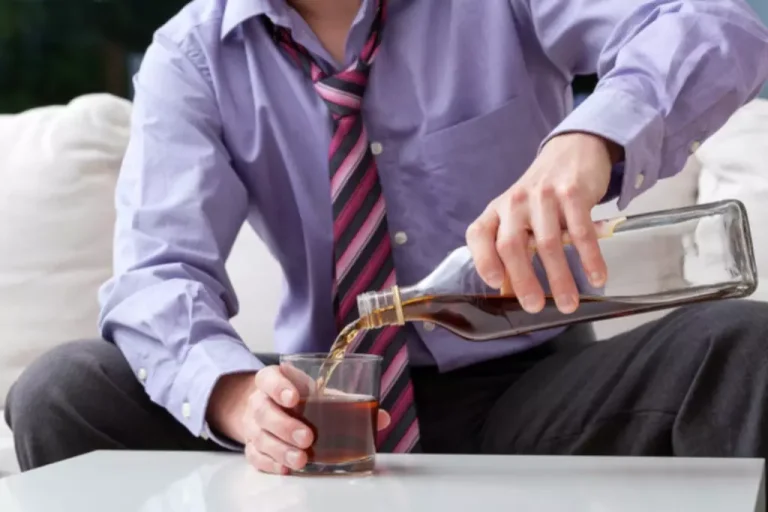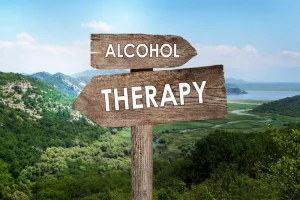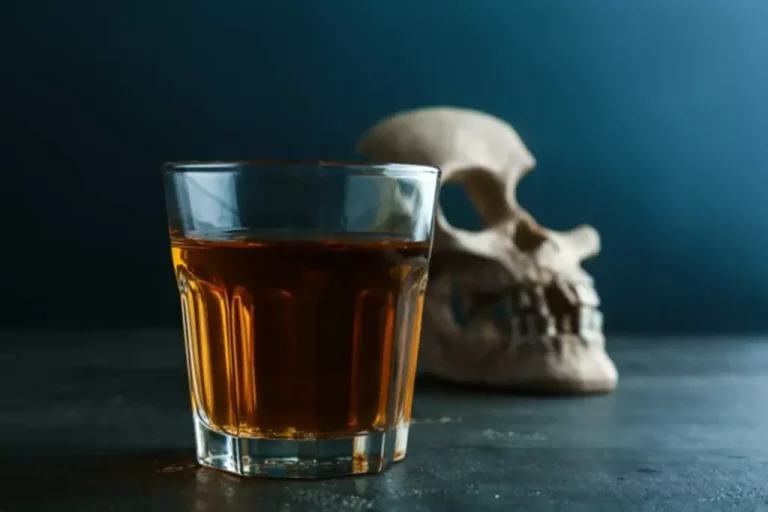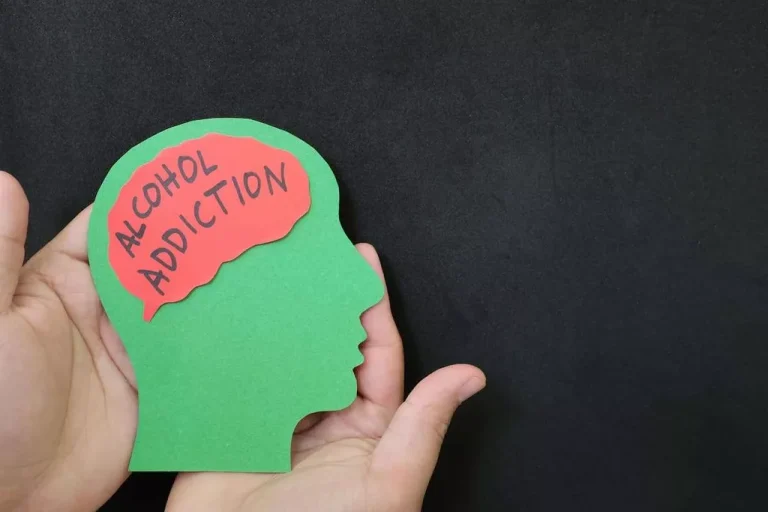
The best way to ensure proper hydration is to drink plenty of water. Alcohol-induced dehydration is more likely to occur if an individual drinks alcohol on an empty stomach https://ecosoberhouse.com/ or does not drink enough non-alcoholic fluids while consuming alcohol. People who are already at risk of dehydration should avoid or limit their alcohol consumption.
Alcohol Is Slowly Metabolized by the Body
Some drinks are more dehydrating than others, but the amount of dry mouth you wake up with has more to do with alcohol volume, how much you drink per session, and what you combine with your favorite tipple. Following a high salt diet can contribute to dehydration by increasing water loss through the urine. Limiting foods high in added salt, like salty chips and pretzels, and replacing salty snacks with more hydrating foods, like fruits and vegetables, is an easy and effective way to support optimal hydration. Though sugar isn’t usually considered dehydrating, research shows that many people consume sugary drinks in place of water, leading to dehydration. Excessive urination from drinking alcohol causes your body to lose electrolytes, which are important minerals involved in many bodily functions, including nervous system function (4). When you lose too much water without properly replacing it, you become dehydrated.
Health Tools
When you are dehydrated, there is less blood travelling around the body. In response, the heart may start beating faster (tachycardia) to help move blood around the body. You may experience this as a racing, pounding heartbeat in your chest, called palpitations. Yes, does alcohol dehydrate you untreated severe dehydration can cause problems in your heart and circulatory system, as well as many other organs. In addition, consuming too much soda can cause kidney issues, weight gain, metabolic imbalances, cardiovascular problems, and poor dental health.

Alcohol Dehydration Symptoms
Energy drinks may contain a combination of dehydrating ingredients. They generally contain high levels of caffeine and sugar and may contain other added ingredients that stimulate the kidneys and act as a diuretic. While tea tends to have less caffeine than coffee, increased tea consumption can still contribute to the total amount of caffeine a person has each day and yield dehydration. If a person does not get enough hydration alongside their alcohol intake, the alcohol may cause dehydration.
No matter what you choose to drink, drinking slowly and savoring your drink is a good way to moderate your total alcohol consumption and minimize alcohol’s dehydrating effects. Without adequate electrolyte levels, water can’t enter cells and tissues, leaving you at risk of dehydration despite drinking water. Alcohol dehydrates you, and it’s crucial to drink plenty of water and replenish electrolytes after consuming alcoholic beverages to restore optimal fluid balance. If you are sick with a stomach virus and experience symptoms like diarrhea and vomiting it can be hard to keep down food and beverages. Your fluid losses may surpass your fluid intake which can increase the risk of becoming dehydrated.

What’s the Least Dehydrating Alcohol?
- Taking steps to avoid the overconsumption of alcoholic, caffeinated, and sugary beverages may help a person avoid dehydration.
- Social drinking is just part of the holiday package — and homemade cocktails, wine, and champagne all deserve a spot in your celebrations.
- A small amount of caffeine may not be an issue for most people, though increasing caffeinated beverages may contribute to overall caffeine intake.
- Drinking 2–3 cups of coffee a day may be an acceptable practice to maintain moderate coffee consumption.
- There is less certainty about whether drinking water can affect your appetite.
- Other types of medications prescribed to lower blood pressure and blood sugar can increase the risk of dehydration, especially when you are not drinking enough fluids.
Research from 2017 indicates that low levels of caffeine ingestion do not cause dehydration. Participants who consumed over 500 milligrams (mg) of caffeine daily showed disruptions in fluid balance from the diuretic effects of coffee. Beer and cider have lower alcohol contents than other alcoholic drinks and are less dehydrating. The alcohol content of beer can vary widely but typically ranges from 2–8% alcohol by volume (ABV).

Free Healthbeat Signup

When dehydration becomes super severe, it can have much more serious medical consequences including cardiac events, seizures, and organ failure. This level of dehydration typically only occurs as a result of extreme circumstances like severe illness or prolonged, strenuous exercise without proper fluid replacement. However, the intense heat of summer can cause some of us to lose enough fluids to go into heat exhaustion potentially leading to some of these symptoms if not properly attended to. While water is one of the best drinks for hydration, drinking plain water without electrolytes can worsen dehydration. Pre-mixed isotonic sports drinks are becoming increasingly popular and are marketed as a health-promoting source of electrolytes to support optimal hydration.
Get the latest in health news delivered to your inbox!
No matter where you fall on that spectrum, hydration is always important—and it becomes an even higher priority as the hot months of summer approach. You could add slices of fruit such as lemon, cucumber, or berries. However, it’s important to check the nutritional label and avoid coconut water high in carbohydrates or added sugars. Coconuts are a rich source of electrolytes, making coconut water an excellent beverage to promote hydration. Watch the video below to find out if you show signs of dehydration. These include times of illness (like when you have a fever), during and after exercise, in hot climates, and or when you are experiencing digestive issues like diarrhea and constipation.
Avoid drinks that can make you more dehydrated, such as alcohol or drinks with caffeine.
- Binge drinking is when a person consumes an excessive amount of alcohol within a short period of time.
- Do you regularly get dehydrated from alcohol, sports, and high altitude?
- Stick to beer and wine to mitigate any dehydration you may experience.
- Though sugar isn’t usually considered dehydrating, research shows that many people consume sugary drinks in place of water, leading to dehydration.
One standard drink, according to American Addiction Centers, should contain around 0.6 ounces of pure alcohol. You can get that amount from 12 ounces of beer with 5% alcohol, 8 ounces of malt liquor with 7% alcohol, one shot (or 1.5 ounces) of hard liquor with 40% alcohol, or 5 ounces of wine with 12% alcohol. According to the CDC, drinking alcohol in moderation is safe for most people. A moderate amount equates to one glass of alcohol or less per day for females and two glasses of alcohol or less per day for males. To stay hydrated, a person needs to take steps before, during, and after alcohol consumption. Alcohol is a diuretic and therefore causes excessive urination.


Add Your Comment